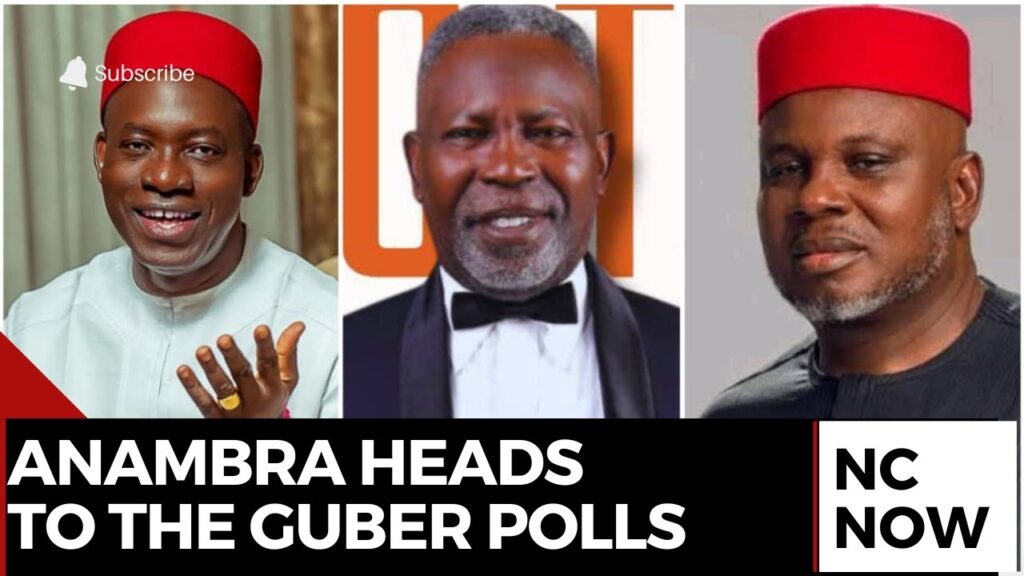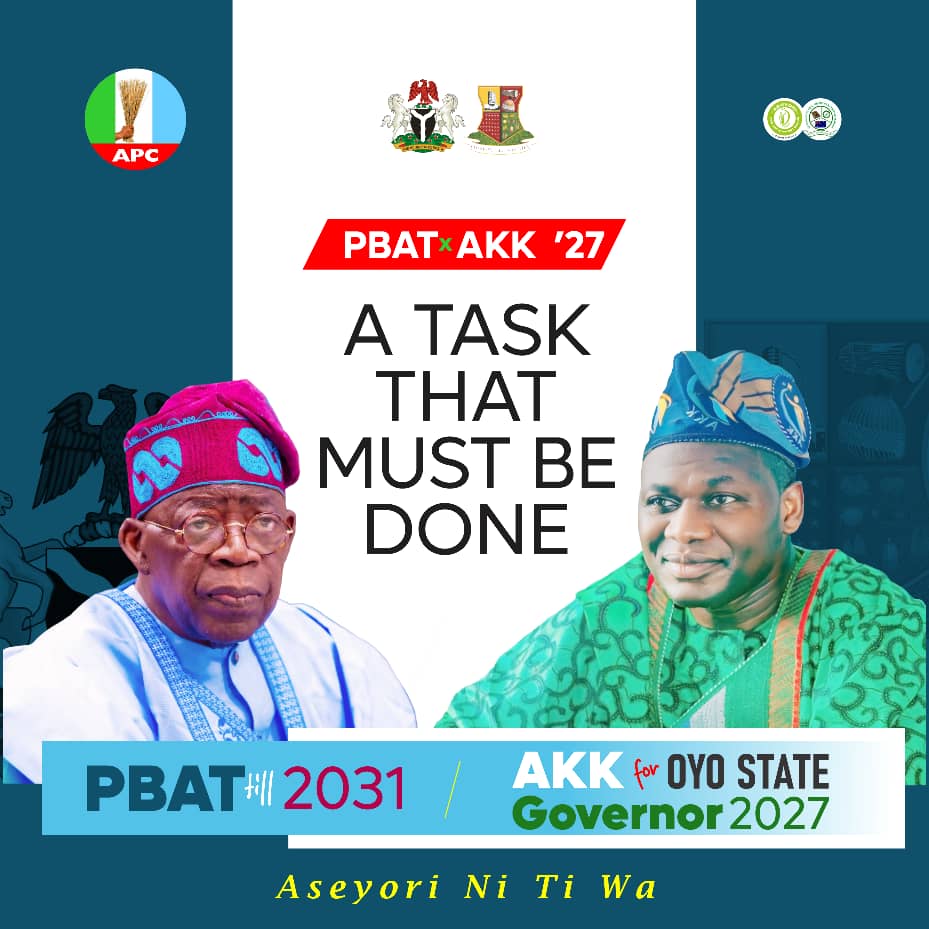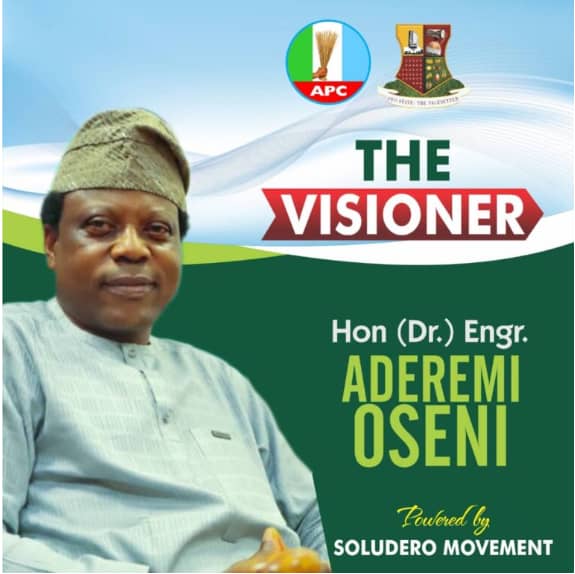

As the 2025 Anambra State governorship election holds on Saturday, IKENNA OBIANERI writes that the political atmosphere in the state has rapidly intensified with major candidates putting finishing touches to swing votes, using factors that could influence the democratic exercise and shape the outcome

With Anambra voters prepared for the highly anticipated governorship election on Saturday, November 8, 2025, anxiety and apprehension are in the air across the state as residents eagerly await the unveiling of the big elephant in the house.
The governorship election is more than just a political contest — it’s a chance for the people to shape their future and determine the direction of their state. Anambra, in March 2006, became a state where off-cycle elections would be conducted due to the Appeal Court’s judgement, which sacked the former governor, Chief Chris Ngige of the Peoples Democratic Party and ushered in Peter Obi of the All Progressives Grand Alliance, a few years after the 2003 general elections. This development distorted the electoral timetable, thus making Anambra’s governorship poll to be held on a different date, separate from the general election. According to the Independent National Electoral Commission, 16 candidates, including two females from 16 political parties, are contesting for the election to wrest power from the incumbent, Prof. Chukwuma Soludo, who is also seeking reelection on the platform of the APGA.

Some of the other major political parties and their candidates include the All Progressives Congress’ Nicholas Ukachukwu; Labour Party – Dr George Moughalu; African Democratic Congress – John Nwosu; Young Progressives Party – Paul Chukwuma; African Action Alliance – Ms Chioma Ifemeludike; Action Alliance – Jeff Nweke, among others.
The Nigerian Police Force has assured adequate security with the deployment of 45,000 security personnel.

The Commissioner of Police in charge of the Anambra State Governorship Election, CP Abayomi Shogunle, hosted heads of all security agencies in the state in a strategic security meeting aimed at harmonising and strengthening the already established operational structures for the governorship election.
Shogunle reiterated the collective commitment of the security agencies towards ensuring a peaceful, credible, and violence-free election, emphasising the need for coordination and synergy, real-time intelligence sharing, joint patrols, and professional conduct of personnel before, during, and after the election.
The tone for the election is set as political parties and their candidates on Monday signed a peace accord, pledging to uphold non-violence and to respect the outcome of the poll.
The peace pact, organised by the Kukah Centre under the auspices of the National Peace Committee, chaired by former Head of State, Gen. Abdulsalami Abubakar (retd.), and Bishop Matthew Kukah, was signed at the International Convention Centre, Awka.
The event was also attended by the new INEC chairman, Prof. Joash Amupitan, as well as some representatives of the commission, security agencies, traditional rulers and civil society groups.
Prof. Amupitan reaffirmed the commission’s readiness to deliver a credible, transparent, and peaceful election, stressing that over 2.8million registered voters are expected to participate in the exercise.
The INEC chairman also said about 63.9 per cent of Permanent Voter Cards were collected in the last PVC collection exercise that ended in the state last week, adding, “Our responsibility is to the people of this nation. We are fully prepared to deliver an election that is fair, credible, and reflective of the people’s will.” Amupitan said INEC had addressed the perennial challenge of logistics, adding that about 24,000 ad hoc staff of all categories would be deployed in 5,718 polling units during the poll, with the assurance that election materials would arrive at polling units by 7 am, while voting would commence by 8:30 am without delay.
With this, the INEC chair has set the tone for a smooth exercise. But beyond the candidates vying for the top office in the state, the election is expected to test the capacity of Prof. Joash Amupitan, who is conducting his first election as INEC chair and the electoral body to conduct a free, fair, credible and peaceful poll amid a backdrop of rising tensions, concerns over potential violence, voter apathy and vote-buying. Political analysts, stakeholders and civil society groups have expressed concerns over various issues that could impact the credibility and inclusivity of the Anambra State governorship election.
Among these concerns are voter apathy, with the 2021 governorship election recording a historic low of 10.2 per cent participation. For instance, in 2021, Anambra had 2.7million registered voters.
Yet, less than 200,000 of that number decided that election, where the incumbent, Prof. Chukwuma Soludo, won the 21 local government areas. This figure, calculated after adding the total votes gotten by all the political parties in that election, showed a demonstration of low voter turnoutand this has continued to raise significant concern among political watchers.
One of the greatest fears, which civil society groups and political watchers say needs urgent attention, is the issue of vote buying, where the promise of cash rewards for votes by the APGA candidate, Governor Chukwuma Soludo, has continued to spark controversy, with critics labelling it as “vote buying” while urging the INEC to take action.
Other challenges to voter participation include the fear of insecurity, misinformation arising during campaigns, greater inclusivity and accessibility for persons with disabilities, as a result of the civil society groups and stakeholders calling for improved measures to ensure a safe, credible, free, fair and peaceful election. Soludo is up against 15 other contestants in the election, and the other opponents have been raising various concerns, particularly on the issue of vote buying. Johnson Okoye, the Special Assistant on Media to Dr George Moghalu, the Labour Party Governorship Candidate, said, “We have confidence in INEC to conduct a free, fair, and credible election on Saturday. However, that confidence comes with expectations.
“Our major concern, as always, is the integrity of the process. Vote buying has remained a major threat to our democracy and must be decisively dealt with. We also call on relevant agencies such as EFCC and ICPC to intensify efforts in monitoring and curbing such unwholesome practices.” Also corroborating Okoye’s stance, the Spokesman for the YPP Governorship Campaign Council, Ebuka Onyekwelu, expressed confidence in INEC to conduct a free, fair and credible poll, but said, “However, we are concerned about the current administration’s plan to deploy Anambra Vigilante Group and use them to distort the will of the people.
The other concern is the plan by this administration to open up Anambra’s vault for vote buying.
“We have called on the INEC and the Police to ensure that the AVG is not a part of this electoral process. Similarly, we have called on the authorities to ensure that the voters perform their civic duties without inducement.” Also, the Executive Director, Centre for Human Rights Advocacy and Wholesome Society, a civil society group based in the South-East, Mr Okoye Chuka, has expressed deep concern over the public inducement of monetary rewards to voters by candidates, saying it constitutes a brazen attempt to purchase the electoral will of citizens.
He said such conduct was not only morally reprehensible but manifestly unlawful, adding, “The Electoral Act 2022, alongside other criminal statutes governing bribery and corrupt practices, makes it an offence to offer, promise, or pay money to influence how citizens vote. The Act and the INEC Guidelines on Electoral Offences explicitly prohibit any act of inducement or vote-buying that undermines free, fair, and credible elections.”
However, in a swift reaction to the allegations of vote-buying against Soludo, when contacted, the APGA’s National Publicity Secretary, Mazi Ejimofor Opara, dismissed the concerns, saying, “Soludo’s cash promise is not about vote buying in any way, it is about initiating healthy competition amongst members of our party across wards and local government, a competition that will translate into increased voter participation, not vote buying by any stretch of the imagination.
“Again, as a party, we are not unmindful of a phenomenon we have described as the “complacency of the majority” — a situation where everybody believes everybody will vote and in the end, only a few come out to vote out of the majority. In this election, we don’t want to just win, we want to mobilise and exploit the electoral strength of our Party and hit the 1 million vote marker. To achieve this, appropriate incentives in the form of healthy competition have to be put in place. If anyone finds this disturbing, then there is something about voter apathy that works in their strategic interest.”
However, as observed by the Centre for Democracy and Development (CDD-West Africa), in their report released after a workshop in Awka, the state capital, the election outcome would be determined by many factors, including zoning formula, incumbency, federal might, personality, insecurity, voter apathy, and vote buying. Zoning formula The unwritten zoning formula introduced by the APGA administration under former governor Peter Obi indicated that power must rotate among the three senatorial districts, including Anambra North, Anambra South and Anambra Central. In other words, every governor produced by any zone is expectedly to serve out two terms before another zone would be eligible to take over the seat. Judging by this unwritten agreement, the next in line to produce the governor of the state is Anambra Central, and as a result, Anambra Central, which has the largest voting population in the state with seven local government areas, including Awka North, Awka South, Njikoka, Anaocha, Idemili North, Idemili South and Dunukofia, with the largest voting population of over 1,556 polling units and 109 registration areas, is expected to be the deciding factor. These major candidates, Soludo (APGA), Ukachukwu (APC), Moughalu (LP), and Nwosu (ADC) are all from Anambra South Senatorial District, while Chukwuma(YPP) is vying from Anambra North. What this means is that while Soludo, Ukachukwu, Moughalu, and Nwosu are expected to split the votes in the Anambra South zone, comprising seven Local Government Areas, including Aguata, Ekwusigo, Ihiala, Nnewi North, Nnewi South, Orumba North, and Orumba South LGAs. What this means is that these areas are the strongholds of the candidates of APGA, APC, LP and ADC, and they are expected to slug it out and split the votes among each other. For the Anambra North district comprising seven local government areas, including Anambra East, Anambra West, Ayamelum, Ogbaru, Onitsha North, Onitsha South, and Oyi LGAs, the YPP candidate is expected to put up a strong showing as it is his base. But findings, however, showed that the people of Anambra Central, would likely give their block votes to a candidate, who has already served out his one term of four years and expect the ticket to return to their zone in 2029, rather than a fresh candidate who will now served two terms of eight years, thereby further extending the ticket from coming to the zone till 2033 judging by the permutations. Although Ukachukwu(APC), Moghalu(LP), and Nwosu(ADC) have respectively promised to serve one tenure each and hand over to Anambra Central, the voters may still insist on a candidate who has already served out one tenure rather than producing a new governor from another zone or the same zone that could renege on his promise. Among the 16 political parties, only about four have a strong presence in Anambra Central. Even though the APGA has an overwhelming presence in the zone, judging by the fact that its candidate and the current governor are expected to hand over to the zone in 2029 if he is eventually reelected, instead of waiting for 2031, it should be in case a fresh winner emerges. Although the candidates of other political parties have been campaigning vigorously in the area, promising to serve just one term and hand over to the zone. The neutrality of INEC and its ability to resist political influence will be essential in ensuring that the forthcoming election reflects the will of Anambra voters. With the spectre of the influence of vote-buying looming large, the transparency and impartiality of INEC’s actions will be under intense scrutiny. Any perceived bias could further erode trust in the electoral process and further lead to post-election disputes. As the governorship election approaches, Anambra State is in the eye of the storm as the actions of INEC and law enforcement agencies will all play pivotal roles in determining the credibility of the election. These factors will shape not only the immediate outcome of the poll but also the long-term political landscape of Anambra. Ultimately, the stakes are high, and the dynamics in the next four years depend on the actions taken by political leaders, security agencies, and the electorate in the coming days.